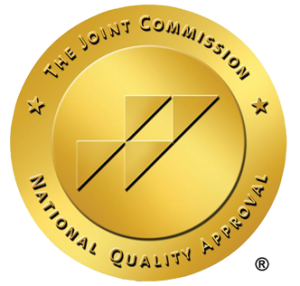Treatment

- Individual Therapy: One-on-one sessions with a licensed therapist to explore personal challenges, set goals, and develop coping strategies.
- Group Therapy: Sessions with peers facilitated by a therapist, focusing on shared experiences, support, and skill-building.
- Psychoeducation: Educational sessions that provide information about mental health, substance use, relapse prevention, and coping mechanisms.
- Family Therapy: Involvement of family members in therapy sessions to improve communication and support systems.
- Medication Management: Assessment and management of medications by a psychiatrist of medications by a psychiatrist or medical professional, if necessary.
- Skills Training: Development of life skills, including stress management, communication, and problem-solving.
- Relapse Prevention: Strategies and tools to help individuals identify triggers and prevent relapse.
- Holistic Approaches: Incorporating mindfulness, yoga, or other wellness practices to promote overall well-being.
- Aftercare Planning: Developing a plan for continued support and resources after completing the IOP, including referrals to outpatient therapy or support group.

